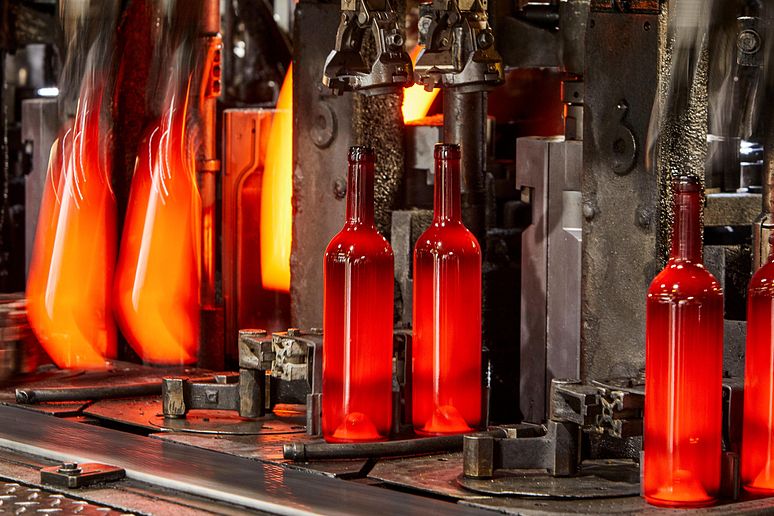Our “Future Made Clear” Manifesto (Feve – European Container Glass Federation)
19.07.2021:
We all strive for a better tomorrow – a world where the planet and people are healthier and happier than they are today. In the face of global warming, public health crises and economic turbulence, that future has never felt more uncertain. But people are demanding more from businesses, governments and one another to ensure we foster a more sustainable world for the next generation.
In such turbulent times, it’s reassuring to know that for product protection, one aspect of our future is clear: glass packaging. The timelessness of glass means the packaging people have loved most, yesterday and today, is the very best option for tomorrow.
Glass is the packaging of choice for safeguarding our planet. Made entirely of raw materials found in nature, glass is simple and does no significant harm to the environment. It’s the only packaging that’s both reusable and infinitely recyclable, with endless lives: glass can be recycled again and again, in an endless loop, into new bottles and jars. This reduces waste, cuts CO² emissions and saves raw materials. And the industry is working to make glass production even more sustainable and climate neutral by designing a more efficient furnace – the Furnace for the Future – to reduce carbon emissions by up to 60%.
Glass is a trusted and proven choice for those seeking wellness. As an everyday packaging material, it is natural, sustainable and safe – crucial at a time when the health credentials of packaging are becoming even more important to people. Because of its inherent inertness and protective properties, glass acts as a safe barrier to external agents, meaning products are preserved for longer in glass, even once opened. This makes glass the natural choice for preserving not only the quality of the product, but the health of the people who use it. The industry is partnering with customers to introduce the Glass Hallmark onto packaging, serving, in part, to symbolise the commitment made to health and quality when choosing glass.
Glass is a key resource for achieving a thriving, circular European society. Reusable and endlessly recyclable, glass packaging is a role model for circularity. It can be taken back to the store and directly refilled, or recycled again and again without loss of quality. And the industry – a longtime leader in circularity – is convening stakeholders across the entire glass value chain to ‘Close the Glass Loop’ and drive a 90% collection rate of glass by 2030 to make our circular economy work better.
The industry also remains committed to building on its longstanding cultural heritage to drive sustainable growth for the continent. European glassmaking is adapting and innovating to secure the future of the industry – the jobs that come with it and essential sectors that depend on it – and ensure glass is fit for the circular and climate-neutral economy Europe’s 2050 sustainability targets will bring.
We can’t forecast the future. It will be built step-by-step and choice-by-choice, in moments large and small. But when it comes to packaging, the future is made clear. Our future is glass: the preferred material for sustainable, healthy, reusable and infinitely recyclable closed loop packaging. Choosing glass is choosing a better future – and promising to do our part to make that future real. It’s a promise to protect health – of the planet, of people, of society – so that we thrive together for generations to come.
Glass. Choose tomorrow, today.
As at: July 2021
About Feve
Feve – the European Container Glass Federation – is the Federation of European manufacturers of glass packaging for food and beverages as well as flacons for perfumery, cosmetics and pharmacy. The association has some 60 corporate members belonging to over 20 independent corporate groups. Its members produce 80 billion glass containers per year, and include major companies working for the world’s biggest consumer brands. With its 160 manufacturing plants located across 23 European States, the industry is a key economic partner in Europe, and maintains 125.000 jobs along the total supply chain.
